"There is consensus on this issue and the fact that it is a dark chapter of our history that we need to own," said Ray Pennings of the think tank Cardus. Click here to read the full article.
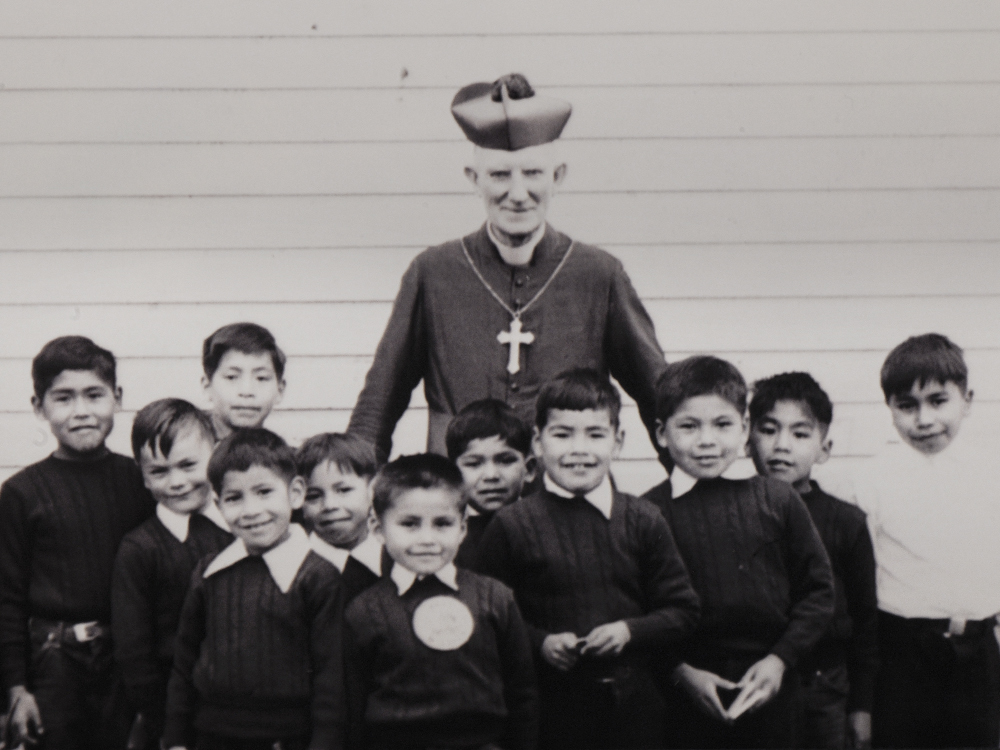
Residential schools seen as ‘major black mark’ in Canadian religious history: poll
June 29, 2017
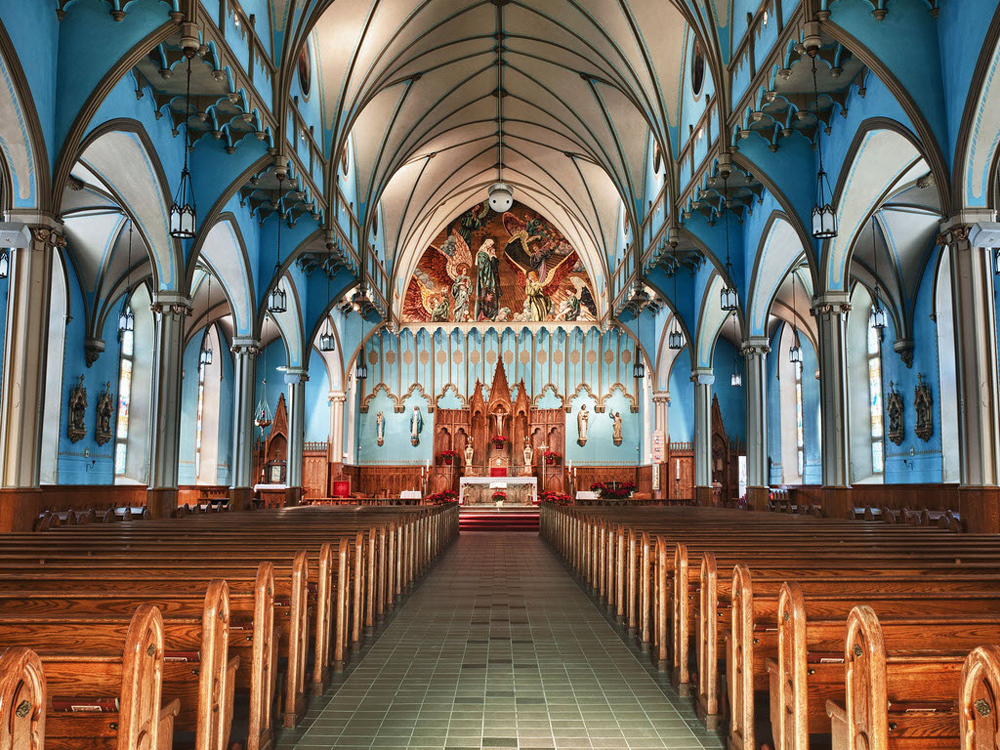
Ray Pennings: Don’t overlook the contribution faith has made to Canada’s first 150 years
The prevalent Canadian story is one in which faith is relegated to the margins, writes Cardus Executive Vice President Ray Pennings, and many lie in the mushy middle when it comes to faith, but religion has left an imprint on our lives, neighbourhoods and institutions. Click here to read the full article.
June 29, 2017
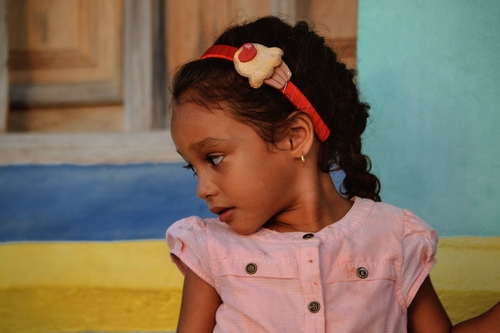
National Viewpoint – Bursting the universal daycare bubble
To read the full article in the Brandon Sun, click here.
June 29, 2017
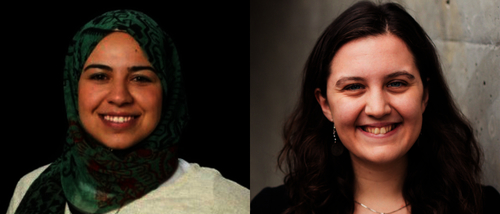
Millennials and Faith: Video Interview
https://www.youtube.com/watch?v=Z5pCJRAPtZs&feature=youtu.be
June 29, 2017

Multi-Faith Summit Kicks off with Key Endorsements
OTTAWA — The Faith in Canada 150 Millennial Summit kicked off today with ringing endorsements from two different faith communities: “As you gather just days before the 150th anniversary of Canada, it is a tremendous blessing to see young Canadians, excited about their faith and claiming a space in the public square for healthy and fruitful ongoing dialogue. There is no better time to remind one another, and all those across the country, that faith matters — from coast to coast across this great land of ours. May your voices resonate for years to come!” - His Eminence Thomas Cardinal Collins, Roman Catholic Archbishop of Toronto “It’s important to recognize the role of faith in Canada’s past, present, and future. I’m thrilled to see Canadian millennials gathering in multi-faith friendship for that purpose, especially because they will define the kind of Canada we’ll celebrate at the next milestone in 50 years.” - Balpreet Singh Boparai, legal counsel for World Sikh Organization of Canada and co-chair of the Faith in Canada 150 Cabinet of Canadians Over the next two days, 75 delegates from across the country and representing various religious backgrounds will meet in friendship, exchange views, and learn from each other. These youthful faith leaders will explore questions around building genuine pluralism and the connection between religious life and the common good. In his welcome address, Dr. Andrew Bennett, former religious freedom ambassador and Chair of the Faith in Canada 150 Cabinet of Canadians, called on delegates to affirm a place for the expression of faith in the public square as part of Canada’s sesquicentennial celebration. “Many have bought into the myth that faith is a completely private affair, but it isn’t,” said Dr. Bennett. “Faith is at the core of who we are as people and has helped to make Canada the country it is. It’s important that millennials make that known as we celebrate Canada’s 150th anniversary.” The young people at the summit all had to apply in order to become delegates and either pay their own way or raise support in order to attend. The Millennial Summit will conclude on June 30th. -30- About Faith in Canada 150 Faith in Canada 150 is a program of Cardus that exists to celebrate the role of faith in our life together during Canada’s anniversary celebrations in 2017. For more than 450 years, faith has shaped the human landscape of Canada. It has shaped how we live our lives, how we see our neighbours, how we fulfill our social responsibilities, and how we imagine our life together. To learn more, visit: faithincanada150.ca/about About Cardus Cardus is a think tank dedicated to the renewal of North American social architecture. It conducts independent and original research, produces several periodicals, and regularly stages events with Senior Fellows and interested constituents across Canada and the U.S. To learn more, visit: www.cardus.ca and follow us on Twitter @cardusca. MEDIA INQUIRIES Daniel Proussalidis Cardus - Director of Communications 613.899.5174 dproussalidis@cardus.ca
June 28, 2017
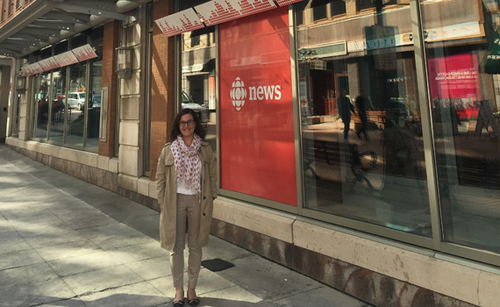
Millennials and Faith
Listen here.
June 28, 2017
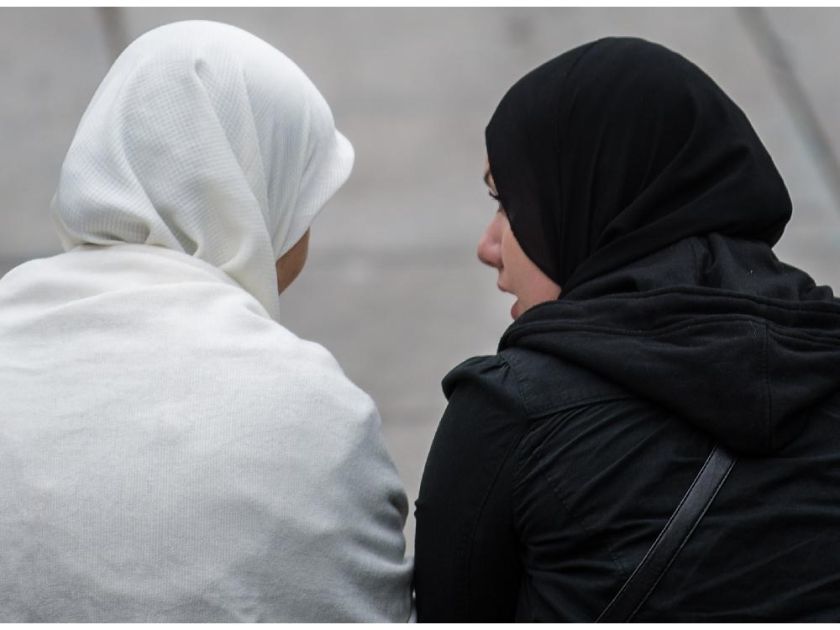
Faith will play a role in Canada’s successful future
“You are not my future!” he screamed. I whirled around just in time to see a mother who had been perched on a bench on the corner dart forward and pick up her two daughters. She hid them behind her, three hijabs billowing in the wind as they rushed out of harm’s way. “Not my future!” the man roared again, locking eyes with me as I stood in defiant but shaky silence. The crowd held its breath as he plunged into oncoming traffic and, upon reaching the next sidewalk, turned his wrath on yet another couple. Visibly frightened, they ducked past bystanders, the young mother clutching her hijab around her, willing the light to change so she and her family could flee across the street. I wish I could tell you that I was recounting some historical instance of intolerance and fear. Unfortunately, this incident occurred on the corner of Rideau Street and Sussex Drive just last month, right here in Ottawa. The screaming man would probably be mortified to learn that it is his attitude that is unlikely to be a part of Canada’s future. In fact, as we approach Canada’s 150th anniversary, we will increasingly hear from Canadian millennials that this country’s future can, should, and will include true pluralism. And that includes a very robust understanding of the role of religious faith in common and public life, be it the hijab worn on the street, the turban in a police uniform, or the continued operation of faith-based hospitals, schools and other institutions. This reality will dawn on that screaming man – and others with similar views – in a very real way this week when dozens of millennials from across Canada converge near the offices of think-tank Cardus at Rideau and Sussex for the Faith in Canada 150 Millennial Summit. Far from being your stereotypically apathetic millennials, these young people are active within their faith communities and will take time out of their schedules to discuss the importance of religious freedom and the true nature of pluralism. It’s a bit unusual to convene a group of folks from diverse faith and cultural backgrounds to discuss just how different we are – yet how we all fit together. Frightening encounters such as the one I experienced, however, remind me that the future of Canada depends on our common commitment to enlarge our understanding of dignity and a shared commitment to the common good. The strength of our nation lies in our ability to uphold our freedoms without fear and live peaceably among our differences. The gift of what it means to be Canadian becomes apparent as I bow my head while the Shabbat candles are lit in the kitchen of a generous friend. The importance of religious freedom is evident as I break fast during Ramadan with my generous Muslim neighbours. The beauty of pluralism shines as the Baha’i community ensures that representatives are present at each and every multi-faith gathering we’ve organized across the country. As we mark what it means to be Canadian on July 1, I’m struck by the necessity of remembering that for more than 450 years, faith has shaped the human landscape of Canada. It has shaped how we live our lives; how we relate to our neighbours; how we fulfil our social responsibilities; and, how we share a common life together as Canadians. The young leaders coming together to explore how to move forward in faith and friendship will define a new Canada, the Canada we will celebrate in 50 years on our country’s 200th anniversary. As we mark what it means to be Canadian on July 1, I’m struck by the necessity of remembering that for more than 450 years, faith has shaped the human landscape of Canada. It has shaped how we live our lives; how we relate to our neighbours; how we fulfil our social responsibilities; and, how we share a common life together as Canadians. The young leaders coming together to explore how to move forward in faith and friendship will define a new Canada, the Canada we will celebrate in 50 years on our country’s 200th anniversary.
June 26, 2017
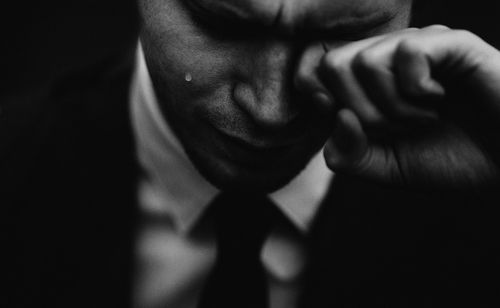
Discomfort with death and grief is a modern ailment
There’s an old story sometimes shared during eulogies about an elderly woman planning her funeral. “Bury me with a fork,” she tells her minister. “Yes, but may I ask why?” he inquires. She explains that as a child, when the dishes were cleared from the table, the forks were occasionally left behind. She came to learn that when the forks remained on the table, a sweet dessert was to follow. “Bury me with a fork because something better is coming.” Modern western society is uncomfortable talking about death. This discomfort is on display in a recent survey by the Angus Reid Institute and Cardus aimed at exploring faith in Canada. About 60 per cent of Canadians surveyed believe in some form of life after death. There’s no consensus on what form that takes. About 55 per cent believe actions in this life have consequences in the life to come, with 57 per cent professing belief in heaven and a minority at 41 per cent stating they believe in hell. The declining presence of religion in public life is surely a contributing factor in our inability to find common language around death, in what is a community experience. Author and journalist Jonathan Kay makes this point in a recent column, noting that the once commonly held idea of an afterlife made grieving tolerable. Kay considers the wide range of public reactions to catastrophe in a secular age where God is no longer welcome at the public podium. He confides that after a recent loss in his own social circle, “I realized that I hadn’t the slightest idea how to talk to my children — or anyone — about death.” Kay is hardly alone. This summer marks the 20th anniversary of Princess Diana’s death. Among the ocean of flowers that pressed against the gates of Kensington Palace, mourners left accompanying notes and cards providing the equivalent of a core sample of the soul of the nation. N.T. Wright, biblical scholar and former Anglican bishop of Durham, summarized the sentiments as “a rich confusion of belief, half-belief, sentiment and superstition about the fate of the dead.” Faced with death, religious communities embody a narrative of hope displayed through corporate rituals and acts of support that are instinctual in compassionate communities. The presence of religious communities also matters beyond the moments of tragedy and public grief, Wright reminds us. Philosophers from Plato forward understood that what we believe about death shapes how we live. Despite the absence of a common narrative around death, we understand grief requires public expression. Yale theologian Miroslav Volf argues that western culture is in a memory boom. Every tragedy is memorialized almost the instant it happens. Volf says the obsession with erecting memorials is in part a response to our short memories amid the frenzied pace of consumer culture and 24-hour news cycles. Volf writes: “We demand immediate memorials as outward symbols because the hold of memory on our inner lives is so tenuous.” Another reason we so rapidly memorialize is our social consensus that remembering and, more concisely, our continuous remembering is “our most basic obligation to do justice.” Remembering is a matter of doing justice. Grief draws us to reflect on meaning. Kay reminds us of the common refrain, in the aftermath of tragedy, to love each other more. “It’s sentimental and unsatisfying,” he writes. “But without God by our side, it’s the best we can do.” Kay argues we find meaning in social connections, investing time and energy in those around us in order to hold on to love. Modern western society could use more, rather than fewer, religious communities integrated into public mourning. Religious communities are invested in the care of the isolated, suffering and dying, motivated by love of neighbour and love of God. They hold on to love, always remembering that the fork remains on the table.
June 25, 2017
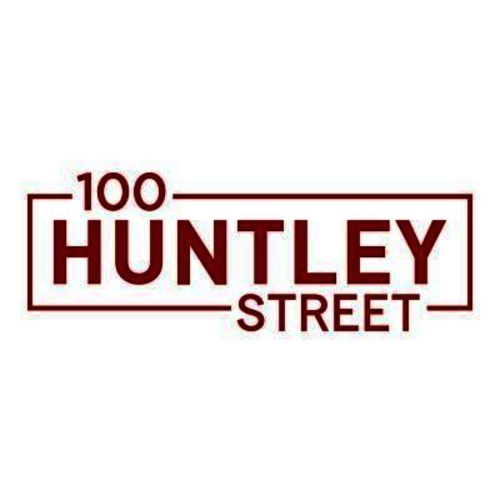
Think tank says religious group spending pays off nearly five-fold
A new tool by a Hamilton-based think tank is letting Canadians coast to coast see how money from church collection plates in their community translates to social good on the street. For every dollar congregations spend on programming, the community reaps $4.77 worth of benefit, according to Cardus estimates. Researchers call this divine social and economic spin-off a halo – and now the public can search for their town or city using the think tank’s tool. “These communities are generating good beyond themselves and that means everybody is kind of benefitting,” said Milton Friesen, senior fellow and program director at Cardus. “If they disappeared and you had to cover the common good benefits that they’re giving to the community, what would that cost you in a dollar figure?… Who would pick up that slack?” The interactive online tool is an expansion of study published last year that focused 10 Christian and non-Christian Toronto congregations. The Cardus team assigned market prices to the services each group provided – including daycares, recreation space, alcohol and drug addiction programming, family counselling, housing developments and helping refugees settle in Canada. Researchers interviewed church leaders and handed out detailed questionnaires for them to complete. The study was based on a similar project conducted in Philadelphia and was funded by the Canadian Council of Christian Charities, World Vision Canada, The Salvation Army and several other religious organizations. When the project leads tallied up all the programs, assessed their monetary worth and compared the final sum to the 10 churches’ overall operating budget, they found that for every dollar the congregations spent on initiatives, the community receives nearly $4.77 in benefits. “They’re not producing widgets or cars or things that can be directly linked to GDP…. But if they disappeared and the municipality or somebody had to put back all the stuff that’s missing, how much would that cost,” said Friesen. The newly-released Halo Calculator applies the figure uncovered in Cardus’ 2016 study to Canada Revenue Agency data for church groups across the country. St. Thomas’ 16 listed congregations had a combined operating budget of $2,546,336 in 2013. By Cardus estimates, the total dollar value of the services they provide totals more than $12 million. “This is all still very experimental,” said Friesen, adding the Halo Calculator numbers are only meant to be estimates. “We’re hoping to generate more research. We’re pretty sure this is not the end of the story.” Friesen wants the findings and the new online tool to spark conversations about the role religious institutions play in community development – especially at a time when some are facing an aging congregation and declining membership. “This will hopefully generate discussion between municipalities and faith communities,” said Friesen. “They are part of the social ecology of their communities. The look to be generative, they’re adding something, they’re not extracting. Let’s talk about what that means in terms of the long-term wellbeing of our communities.” — — — Halo Effect in Southwestern Ontario Dollar value of community impact London – 351 organizations – $811,032,649 Sarnia – 77 organizations – $143,333,940 Chatham – 67 organizations – $97,430,622 Woodstock – 56 organizations – $77,840,471 Aylmer – 22 organizations – $19,320,647 St. Thomas – 16 organizations – $12,146,023 Dutton – 11 organizations – $2,560,670 West Lorne – 5 organizations – $2,146,438 Source: Cardus calculation based on 2013 Canada Revenue Agency T3010 data
June 15, 2017
Media Contact
Daniel Proussalidis
Director of Communications
